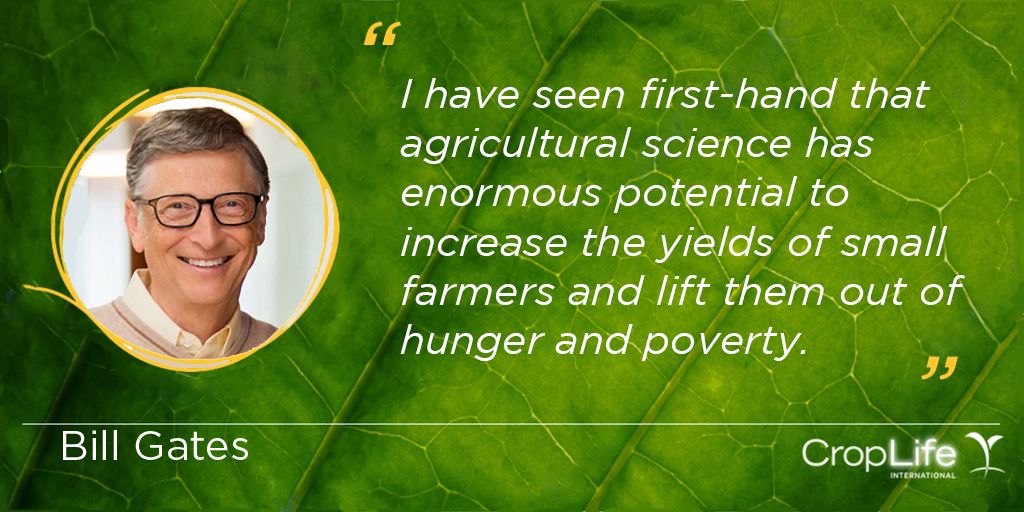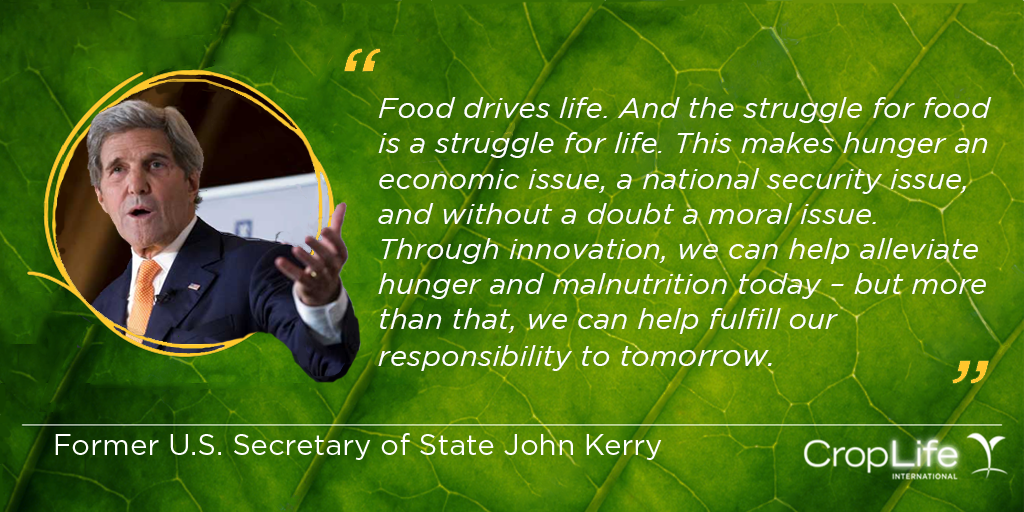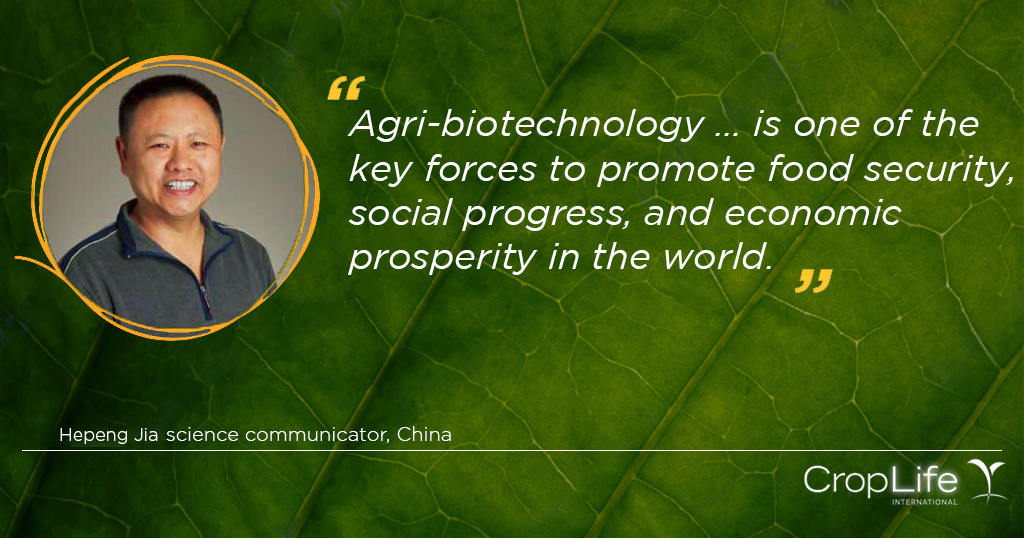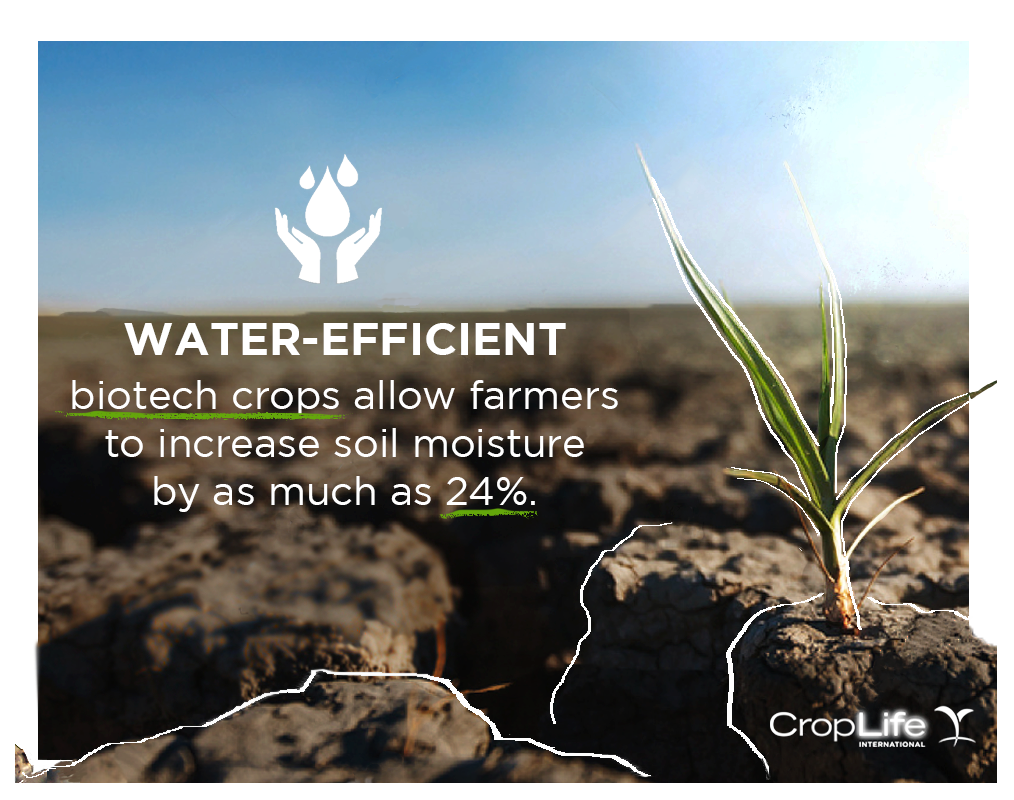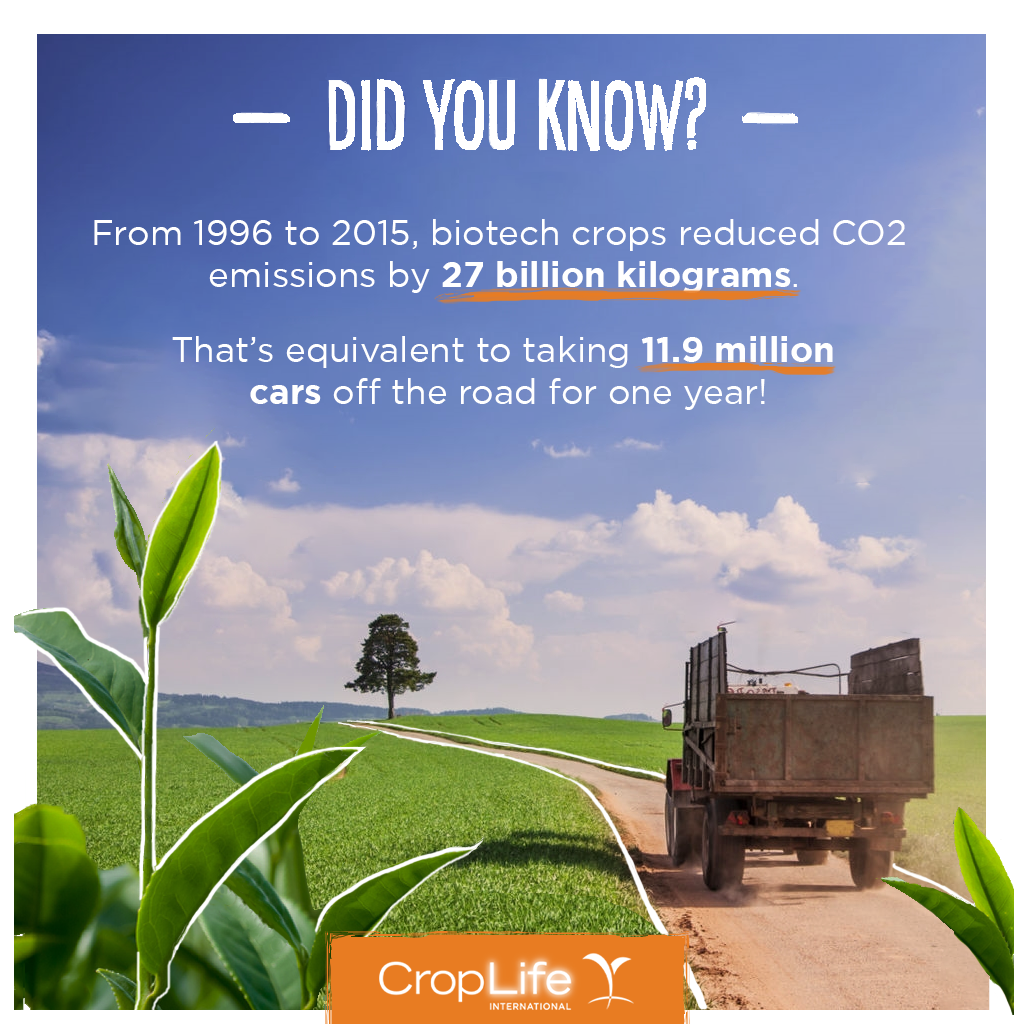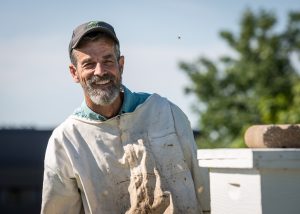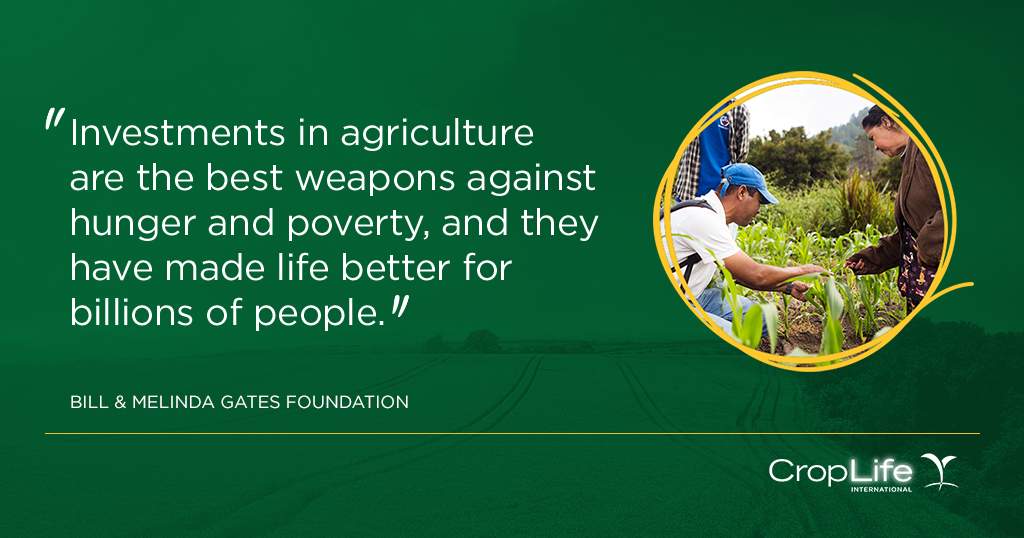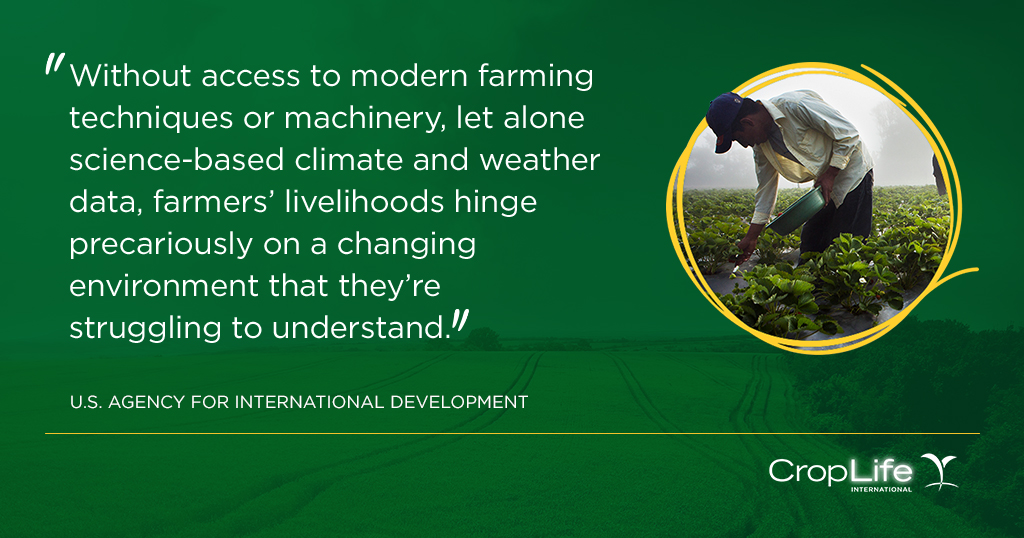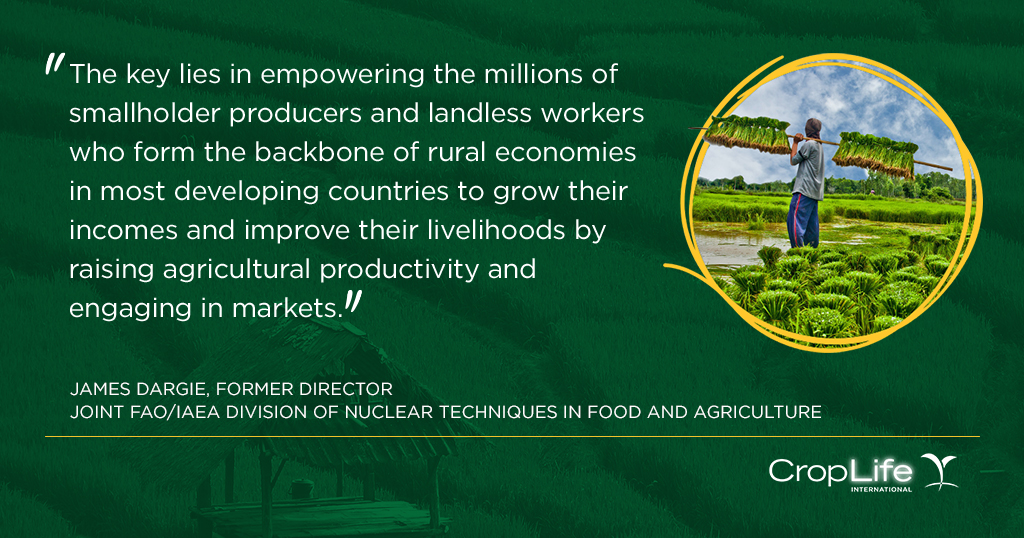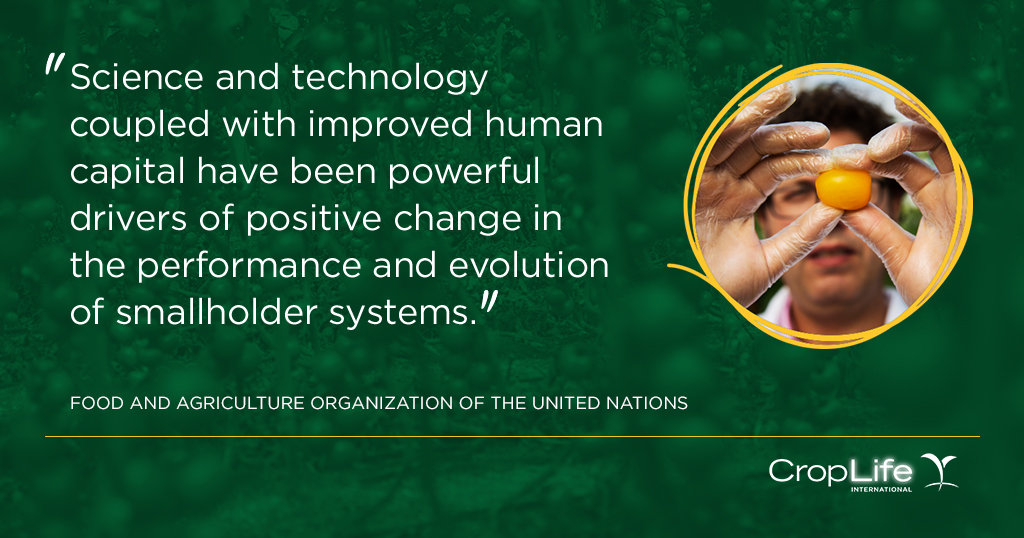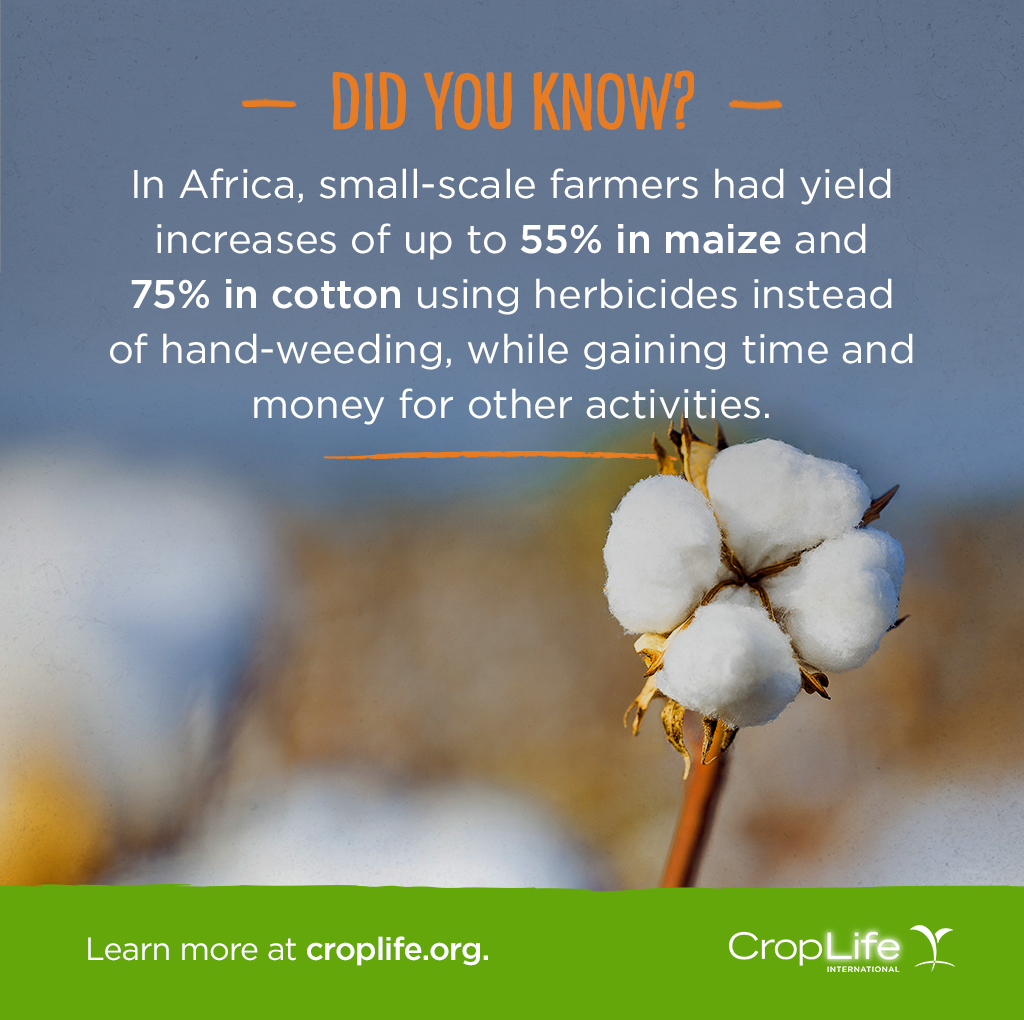The World Food Prize, known to some as the Oscars of agriculture, is awarded annually to one or more individuals who have made a great achievement in furthering sustainable agriculture and global food security. Ambassador Kenneth Quinn, president of the World Food Prize Foundation, tells us more.
What inspired you to take the position of president of the World Food Prize after such an illustrious career in the foreign service?
Ironically, I had no contact with agriculture and no interest in it at the outset of my career. When I joined the U.S. foreign service in 1967, I thought I’d be going to fancy places like London, Paris and Brussels but instead, I was sent to Vietnam to do rural development and I was out working in villages when the Green Revolution began. Norman Borlaug was bringing his miracle wheat to Mexico at that time and I saw high-yielding rice that could grow in half the time come to Vietnam. It transformed the lives of people in one or two growing seasons.
When I finished in 1999 as ambassador in Cambodia, I was approached to take over the World Food Prize and I finally met Borlaug. I thought he’d think I was some fancy pants diplomat but when I explained the importance of infrastructure to rural development, Borlaug pounded his fist on the table in agreement and screamed “roads!” He said that if you don’t have roads, you might as well not have the food. After that, we worked together to grow the World Food Prize.
How does it feel to encourage excellence in agricultural production around the world?
It feels marvelous to be able to hold up Borlaug’s legacy and continue his work, harnessing the power of science to uplift farmers, especially smallholder farmers. Borlaug wondered if the Green Revolution would hit Africa and it is great that this year’s winner is from there. Actually, we now have six World Food Prize laureates from Africa as the World Food Prize is helping fulfill the goal Borlaug had of inspiring leaders in countries across the continent
How has the World Food Prize contributed to agricultural improvement?
At its most basic, this annual prize of $250,000 recognizes and inspires individuals who have improve the quality, quantity and availability of food to reduce hunger and malnutrition. We also organize an annual symposium called the Borlaug Dialogue to highlight key issues facing global agriculture and food security. It regularly draws over 1,000 people from about 60 countries. Bill Gates launched his Africa project from the World Food Prize stage and Indra
Nooyi, CEO of Pepsico, launched her company’s global nutrition challenge. Tony Blair and Kofi Annan are other examples of headliners.
The Global Youth Institute is our third project. We recruit 15- to 17-year-old students from nine countries to rub shoulders with ministers of agriculture and present papers with solutions to agricultural challenges. Most are urban high school students with no background in agriculture or farming and about two-thirds are women. They are interested in the environment, biotechnology, climate volatility and gender equity – all of which fall under rural and agricultural development. We have 200 students per symposium, 24 of which are sent to leading agricultural research centers around world for internships. They come back transformed and inspired to deal with issues of food security, human nutrition and making the world better
What are the common values or characteristics of World Food Prize laureates?
As part of the World Food Prize process for the past 18 years, I have the great privilege of calling up the winners or telling them face to face that they’ve won. In each case, it takes their breath away. They are taken with this honor. The laureates are characterized by humility and dedication. Every one of them has put in extra effort somewhere, overcome a hurdle or taken an arduous path at times – such as blocks in research – and yet with perseverance, they never gave up. Many of the living laureates come to the World Food Prize each year. They are the all-star team of food production and hunger reduction in all of human history.
Which agricultural technologies and practices have the greatest potential to enhance future food production and security?
Can we produce enough nutritious food in a sustainable way and can we do so in face of climate volatility, droughts and floods that smallholder farmers must face? The debate of biotechnology is over. “Science is the multiplier of the harvest,” says a National Academy of Sciences building in Washington, D.C. The World Food Prize was presented in 2013 to biotech pioneers. Smallholder farmers, namely women, who are barely able to have a sustainable harvest, need every possible asset on their side. Crop surpluses will uplift their lives and feed more people. Opponents of biotechnology have to answer the question: Am I going to deny this asset to those smallholder farmers? I don’t believe you can in good conscience. They should have the best technology available to them to combat flooding, etc. It’s a race of science and agricultural research to combat these difficult challenges.
Precision agriculture, satellites and cell phones are also important so farmers know when to plant and what to do. Same with CRISPR technology and gene editing. The next Borlaug Dialogue will be a CRIPSR panel talking about the challenge of change in research and the importance of agricultural and medical research scientists collaborating more. We need to take lessons from one discipline to another.
Synthetic biology will also be part of our future. That’s where you can replicate living things digitally and transmit them via the Internet. For example, if there is a pig disease outbreak outside of the U.S., quarantined pig parts can be transmitted digitally to U.S. labs so scientists here can develop vaccines and send the formulas digitally back to where the outbreak took place.
The final area with enormous potential is biofortification – improving the nutritional composition of crops like vegetables and grains – which can be done with traditional plant breeding or genetic modification.
We’ve come a long way in agriculture. How much further can we go?
In the World Food Prize Hall of Laureates, we have a history of human agriculture of 10,000 years – from the first seed in Mesopotamia to the 20th century when breakthroughs came at
the most amazing rate. But it’s clear, as in medicine, that more is certainly possible. Spreading technology and the road out of poverty is the theme of the World Food Prize this year because roads are key to spreading technology; nutrition, science and better seeds.
Do we have the resources to take agricultural research to the next level
Borlaug lamented underfunded public agricultural research. If we don’t put money into agricultural research, we will not have the tools necessary to meet greatest challenge humanity has ever faced. Investing in agricultural research at the state and national levels is one of very best ways of creating more jobs and stimulating breakthrough achievements that need to be developed. We’ve created the greatest system of agricultural research that’s ever existed, but will we use it to its fullest capacity, especially in the developing world where the most food insecure people live?
Visit the World Food Prize website to find out more about the Borlaug Dialogues this year 18-20 October. Follow it online using #FoodPrize17

